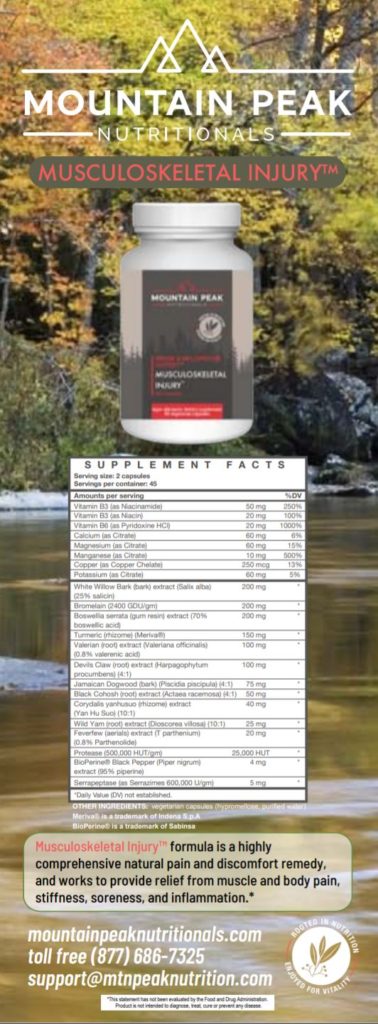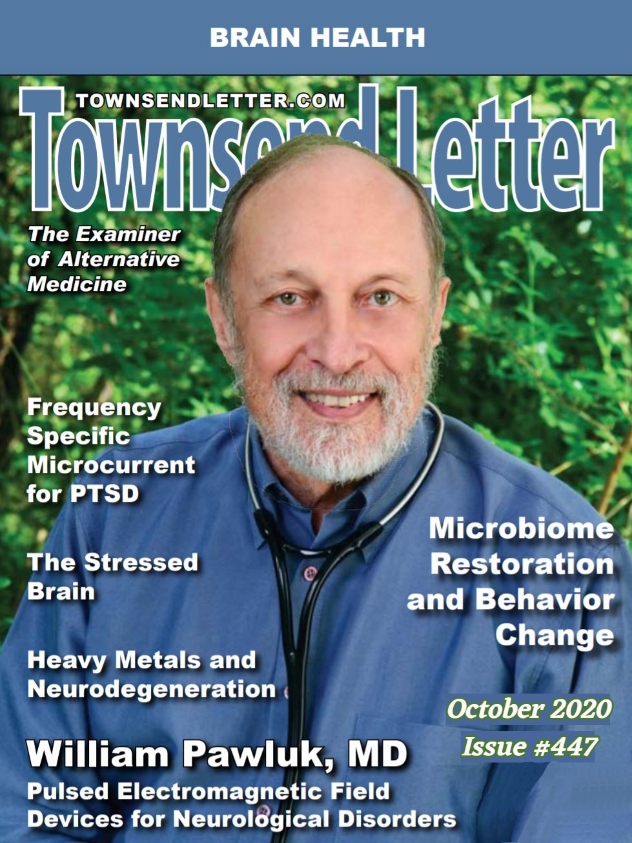…article continued:
Breast Cancer Risk and Hormone Therapy: The Science
In 1990,62 Darcey Spicer from the Kenneth Norris Jr. Comprehensive Cancer Center, USC Medical School, Los Angeles, said: “While there is a general belief that hormone replacement therapy will increase the risk of recurrence of breast cancer, there are, in fact, no data to support this notion.”
A very thorough review of the research up to 1994 from cancer doctors at Rush-Presbyterian-St. Luke’s Medical Center in Chicago, and colleagues in the Breast Cancer Committees of the Eastern Cooperative Oncology group, wrote: “A major concern over prescribing ERT for women with a history of breast cancer is that dormant tumor cells might be activated. There is surprisingly little clinical information to substantiate such concern.63”
Up to 20 scientific human studies64 published in peer review, most of them taking place at prestigious cancer institutes, have shown that breast cancer patients given prescriptive estrogen therapy (most of the time as Premarin or estradiol), in studies lasting an average of two to five years, had the following:
• Statistically significant “less” risk of breast cancer recurrence.65-71
• Quite a number of these studies also demonstrated less risk of death from breast cancers.72-80
• In a number of these studies breast cancer patients had less risk of dying prematurely81 from a wide range of non-cancer issues, called “all-cause mortality.”
• (See the Appendix for details on the human trials.)
Yet many doctors are still reluctant to recommend hormonal therapies, especially to high-risk women—such as those with breast cancer or close family members with history of breast cancer.
Pelin Batur, MD, an internist at the Cleveland Clinic, published a review of 15 studies totaling 1,416 breast cancer survivors using hormonal therapies (most started two to four years post diagnosis) compared to 1,998 not using HRT. The women were followed for three years and findings showed the following:
• Women on hormones had a 10% reduced risk of recurrence of breast cancer.
• There was a slightly significant decreased risk of mortality from cancer and all-causes at a seven-year follow-up.82
• Protection of estrogen continues after stopping therapies, as was stated in the re-analysis 19-year follow-up study headed by Dr. Chlebowski.
The Stockholm study was similar in size to the HABITS study. This was a prospective and randomized trial, with 188 women randomized to HRT and 190 not given hormones. There was no difference in the rate of new breast cancers, which held up over a 10-year follow-up.83,84
A variety of scientists like Dr. LaCroix started to refer to the WHI as the first randomized trial to give evidence that if you give healthy women estrogen therapy within 10 years from the initiation of their menopause, or to post-menopausal women without a uterus, this reduced the risk of getting breast cancer.
Two other researchers agreed. Dr. Craig Jordan, the estrogen and cancer scientist who put tamoxifen on the cancer map, and Leslie Ford, MD, associate director for clinic research at the National Cancer Institute’s Division of Cancer Prevention, wrote an article called “The Paradoxical Effect of Estrogen on Breast Cancer Risk.” This research showed that sometimes estrogens not only prevent breast cancer, they also cause breast cancer cells to die. The ability of estrogen to do this seems to be activated by a period of lack of estrogen exposure (menopause or anti-estrogen therapy) and then re-exposure to estrogen. The absence of estrogen and then re-exposure retriggers breast cancer cells to die in some women. Dr. Jordan commented on this rebooting of response to endocrine therapies by estrogen: “After five years of anti-estrogen therapy, a switch takes place inside breast cancer cells which makes them resistant to these anti-estrogen agents. When estrogen is then used, it triggers breast cancer cell death, not growth.”
Dr. Jordan is a big fan of estrogen. Presently he is a cancer director at the renowned MD Anderson Medical Center, researching safe estrogen therapies for breast cancer patients (meaning patentable).
So, research is showing that estrogens help prevent breast cancer in some women, help eradicate sleeping breast cancer cells, and help some women become responsive once again to breast cancer therapy that had stopped working.
The Benefits of Estrogen
By the early 1990s, researchers had summarized the benefits of estrogen therapies and documented them in the medical literature.
· Estrogen controls menopausal symptoms.
· If given early, it helps prevent strokes and bone loss and fractures for many years, even after discontinuation.
· Estrogen significantly reduces the risk of heart disease,85
· Estrogen significantly reduces the risk of fracture (Framingham study showed a 50% drop in osteoporosis-hip fracture),86
· Estrogen significantly decreases risk colorectal cancer,
· Estrogen significantly reduces the risk of cognitive decline and Alzheimer’s disease. The Cache County studies (which had the bad karma to come out only months after the WHI and was not noticed) showed that if women had been on 10 years of estrogen therapies, they had a 30 to 50% reduction in incidence of AD.
· Estrogen has now been found to have hundreds of other pleotropic effects, such as helping epigenetics87 and protecting mitochondria (our energy organelles) from damage,88 so it helps in maintaining the energy production needed for a positive lifestyle effort.
· Estrogen helps maintain volume, plasticity, and protection from injury of the hippocampus, where memories live in the brain.89
Now we see that estrogen protects against breast cancer in a woman who has not yet had it and even in those that already have.90,91 To age without individualized hormonal support is to age at the speed of an accelerating bullet, while hormonal therapies allow us to live younger longer and healthier.
Vindication
Let 2020 be the year that estrogen is vindicated.
I had breast cancer 26 years ago and have been on estrogen and other hormone therapies for 21 years now. I would not be the person, physician, or author that I am if I were not on hormones. I am passionate about passing this information forward.
I get email after email from women all over the world saying that their doctor will not prescribe estrogen for them. I hope this article makes it possible for more women to enjoy the benefits of this hormone.
This article is written for women to hand to their doctors or for doctors to feel vindicated (and safe) about prescribing hormones.







